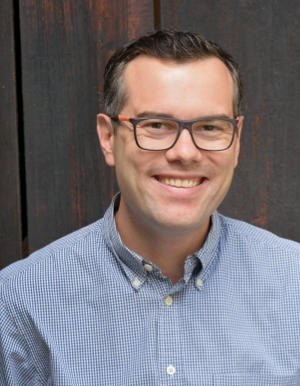Alexander Schlaich - University of Stuttgart
Chemical and Polymer Physics (CPP), Surface Science (O)
|
|
Research Agenda: Liquids at interfaces and especially in strong confinement show behavior that differs significantly from their counterpart in bulk. These effects are commonly exploited e.g. in porous materials for industrial processes such as purification, catalysis or energy storage, yet a detailed understanding of the microscopic details is often only emerging owing to intrinsic the multiscale nature. More in detail, at any (semi-) conducting surface, the movement of electrons and holes strongly couples to the dynamics of ions in the electrical double layer, leading to new emerging phenomena in ionotronics such as memristors or electrolyte-gated transistors. The challenge here is to bridge the involved length-scales, ranging from interfacial effects where quantum effects need to be considered to applications such as microfluidics or catalysis in hierarchical materials.
We employ simulations and theoretical modelig on various lengthscales to study such phenomena in close contact with experiments.
Short Bio: In 2012 I obtained my diploma in physics at the University of Stuttgart and moved to Berlin to start a Ph.D. at Freie Universität Berlin on theoretical investigations of hydration interactions and friction between polar surfaces which I received in 2017. Aftwerwards I moved to Grenoble, France to work as a PostDoc on the coupling of thermodynamics and transport in hierarchical porous media. Subsequently, my research focus shifted to the influence of surface rigidity and the coupling of ion and electron/hole dynamics at solid/liquid interfaces.
In 2020 I moved to Stuttgart as a PostDoc working on bridging from microscopic modeling to engineering scale problems and was appointed as an inependent junior research group leader directly afterwards. The title of my research group established in 2021 is Multiscale Modeling of Materials, where we apply different theoretical approaches in close collaboration with experiments to gain fundamental insights from the quantum to engineering scales.
